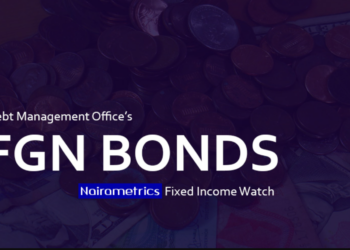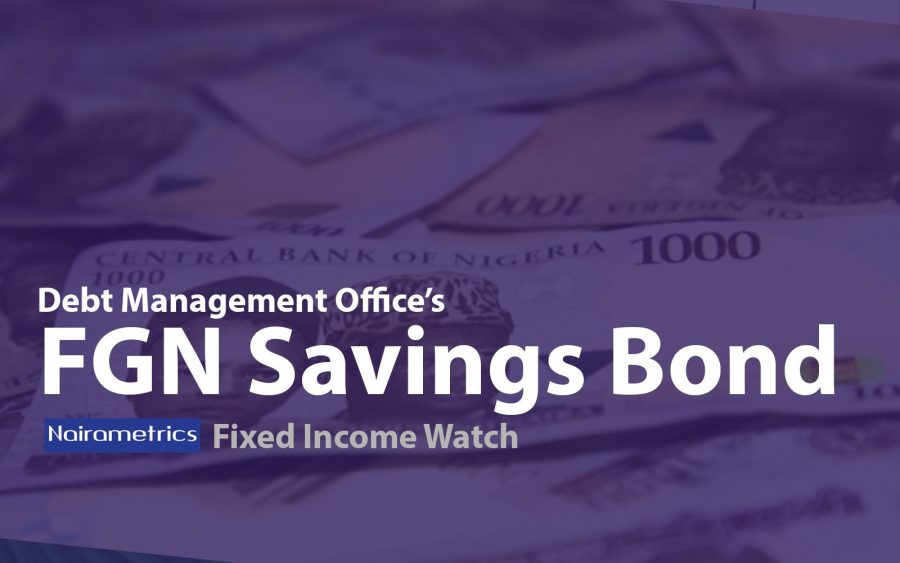The Federal Government has offered for subscriptions another N100 billion bonds. According to a circular made available to the public, the Debt Management Office (DMO) disclosed that it has been authorised to receive applications for the bonds subscription.
While the bonds will be auctioned on Wednesday, June 26, 2019, settlement date has been slated for Friday, June 28, 2019.
How the bonds will be offered: The bonds consist of a ₦30,000,000,000 at 12.75% interest rate maturing on APR 2023 (5-Yr bond); ₦40,000,000,000 at 14.55 per cent interest rate maturing on APR 2029 (10-Yr bond re-opening); and ₦30,000,000,000 at 14.80 per cent interest rate maturing on APR 2049 (30-Yr bond re-opening).
Units of sale: N1,000 per unit subject to a minimum subscription of N50,001,000 and in multiples of N1,000 thereafter.
Interested in buying? The DMO said interested investors should contact Access Bank Plc, First Bank of Nigeria Limited, Standard Chartered Bank Nigeria Limited, Citi Bank Nigeria Limited, First City Monument Bank Plc, United Bank for Africa Plc, Coronation Merchant Bank Limited, FSDH Merchant Bank Limited, Zenith Bank Plc, Ecobank Nigeria Limited, Guaranty Trust Bank Plc, FBNQuest Merchant Bank Limited, and Stanbic IBTC Bank Plc.
Understanding Bonds: A bond is a fixed income instrument that represents a loan made by an investor to a borrower (typically corporate or governmental). A bond could be thought of as an I.O.U. between the lender and borrower that includes the details of the loan and its payments. A bond has an end date when the principal of the loan is due to be paid to the bond owner and usually includes the terms for variable or fixed interest payments that will be made by the borrower.
Bonds are used by companies, municipalities, states, and sovereign governments to finance projects and operations. Owners of bonds are debt holders, or creditors, of the issuer.
When companies or other entities need to raise money to finance new projects, maintain ongoing operations, or refinance existing debts, they may issue bonds directly to investors. The borrower (issuer) issues a bond that includes the terms of the loan, interest payments that will be made, and the time at which the loaned funds (bond principal) must be paid back (maturity date).





















